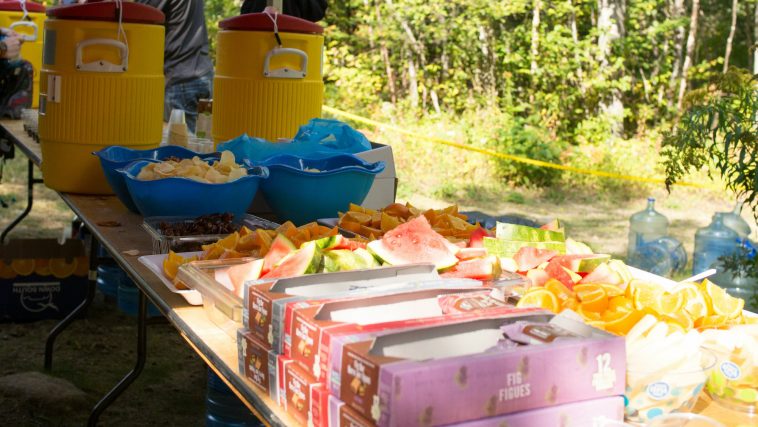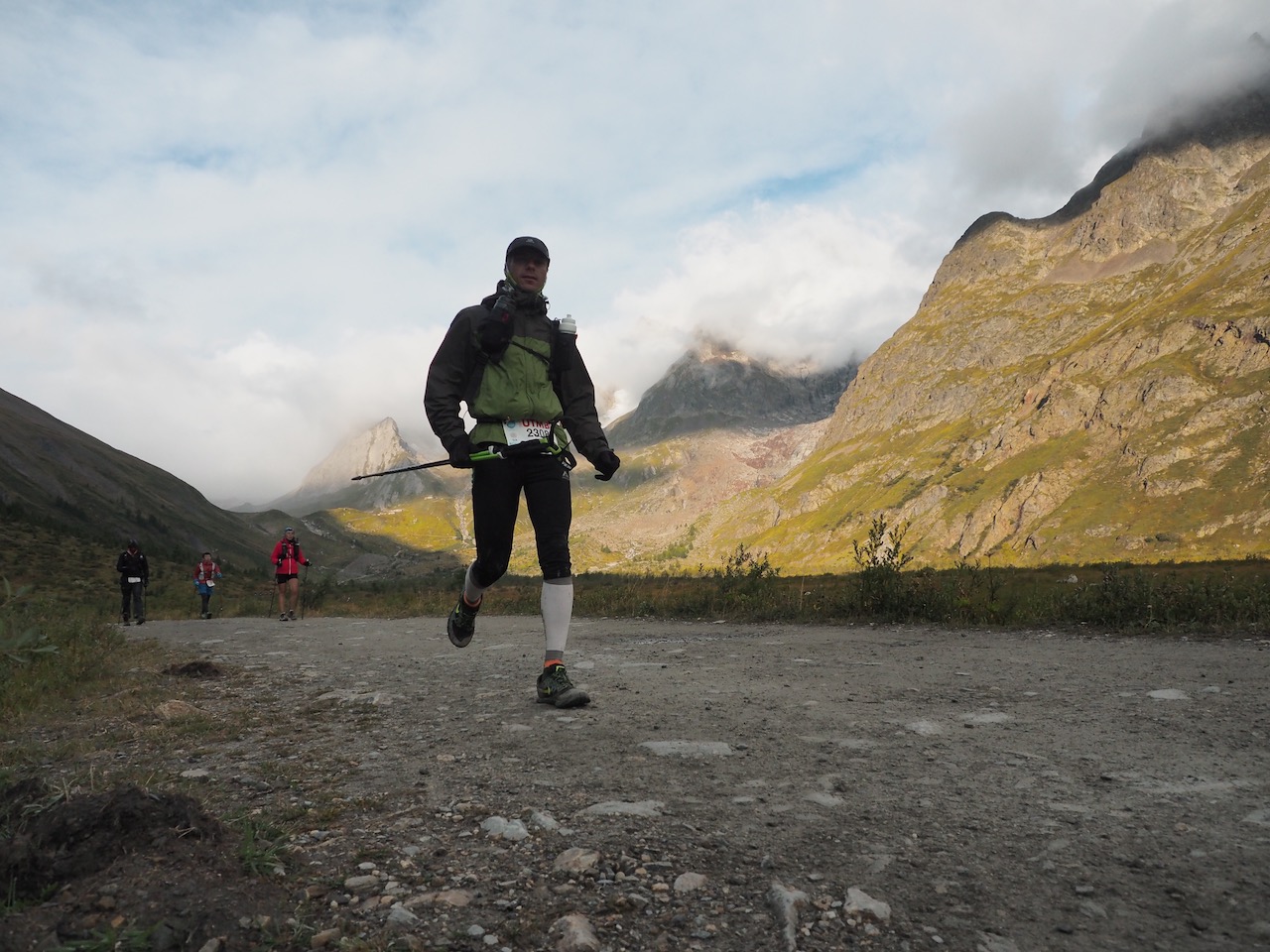Four days before the start of your competition, all bets have been placed as far as your training is concerned. For your diet, it’s another ball game. You still have lots to benefit from over the next few day with regards to what you can eat.
Pre-race strategy
No matter how far you are running next weekend, you’ll do it with more energy and it will be more enjoyable if you eat what you need to before then. It is especially true if you are running a longer distance, such as a half marathon or more. The goal is to load your muscles with glycogen since this is the reserve of carbohydrates your muscles use during the effort. To store carbohydrates effectively, you require a lot of hydration, since each gram of glycogen can only stored by ingesting three grams of water as well.
So, the key elements to the pre-race diet are carbohydrates and water, and that means a lot of carbohydrates for at least three days before D-Day. I could order you to aim for at least seven grams per kilogram of body weight per day; that for an athletes who weighs 50kg it represents at least 350 g (50 kg × 7 g) of carbohydrates per day for three days, and for another weighing 70 kg, it is a minimum of 490 g. But I won’t make this an imperative. It’s a guideline.
It’s food, my dear!
You do not need to eat pure carbohydrates, but rather foods that contain them. And because complicated calculations won’t whet the appetite, I prefer to « translate » these food recommendations into practical advice. Here is a summary of the tips given in the book Sports Nutrition – 21 days of Menus. Since I wrote it, I give myself the right to extract a passage!
1- Aim to fill your plate like so:
* 1/2 with pasta, rice, bread, quinoa, potatoes, and other carbohydrates or complex carbohydrates.
* 1/4 with foods high in protein, but relatively low in fat (chicken, fish, legumes, tofu, etc.)
* 1/4 with vegetables
2- Choose carbohydrate-rich snacks: muffins, banana bread, fresh or dried fruits, soft bars, flavored yogurt, flavored soy milk or beverage, and similar.
3- Do not hesitate to drink more juice than usual, sweeten your coffee, add jam on your toast, drink chocolate milk, and other treats. It shouldn’t become a regular thing, but a slight surplus of sugar can help increase your carbohydrate load during these three days.
4- Hydrate several times a day, before you are thirsty. Then, the morning of (or night before) race start, drink 500 ml (two cups) of water two hours before your race. You will have time to urinate before it becomes an issue.
Note that these are broad guidelines. The personalized advice of a sports nutritionist who can evaluate your specific diet and dietary needs is of course recommended.
Running a shorter distance?
If you are running 10 km or less, this three-day protocol is not crucial. Just be sure to eat pasta (or an equivalent) for dinner the night before, as well as adding bread or cereals for breakfast. Reserve bacon for the morning after as the pre-race meal should be quick to digest and, therefore, moderate in fat.
Avoid trying something new
For the final meal before the race, whether the evening before or morning of, choose foods that you digest well. When you are nervous, indigestion is more likely. Most importantly, only take in nutrition that you are used to. This advice also applies to the foods you eat at aid stations or carry with you. Race day should never be used for testing. Keep your adventurous side for the trails you will be hiking this weekend!
Translation : Caroline Beaton



